|
If Richard Strauss’ Salome from 1905 marked the beginning of 20th century opera, Klas Torstensson’s The Expedition from 1999 would mark a worthy closing. It tells the story from Salomon Andrée’s ill-fated effort to reach the North Pole by balloon in 1897. The Expedition digs into musical means as diverse as dodecaphony, music concrete and a Puccini-kind of lyricism, and yet it makes one, organic whole in which musical boundaries do not seem to exist. Together with the use of electronics to generate the sounds of the rustle of the northern lights and crawling ice, this opera (the libretto is in Swedish) delivers a world of sound that is both hauntingly beautiful and harrowing creepy. I live with a borrowed copy of the CDs for a few years now (the rightful owner doesn't miss them that much and the CD of The Expedition seems to be out of print now – only a MP3-version is available on Amazon) and would welcome a re-issue of this masterpiece on CD that includes the beautiful and very informative booklet. It premiered at the Holland Festival in 1999 and was only performed four times since (in concert performances). With all the excitement that surrounded the premiere of the, thematical related, opera South Pole by Miroslav Srnka in mind (trailer South Pole - I hope to see it somewhere in the future) I would like to make a case for a stage production of Torstensson’s Expedition. Because it is too good to neglect and it sounds like the future of opera. It will of course not be without challenge to make a staging that is dramatically convincing but it would be well worth to witness the effort. It sounds like the future of opera For describing the music that accompanies the building of the balloon (noises of labour, not unlike Siegfried’s forging of the sword), the flight of the balloon and its crashing on the ice I delve into my vocabulary and come up with something like “industrial sound”, “atonal finesse” (the composer knows his Anton Webern) and “coloured noises”. It is counterparted by the arias of the fiancée of expedition member Nils Strindberg (sung by Torstensson’s wife Charlotte Riedijk) who is assigned with a few beautiful Puccini-like arias in which she’s lamenting her fate (of being left behind) and the fate of her spouse. The musical contrast between the icy world of the men and her own couldn’t be bigger but they don’t fall apart. They speak to each other in different languages but they stay connected. Her final aria after the men disappeared on the ice is heartbreaking beautiful. Torstensson composes without being dogmatic about the style or musical niche he is supposed to write in. This music is an experience on its own and reminds me of Gustav Mahler's attempts to catch nature into music. Certainly Torstensson’s music is different from Mahler's but it shares with him a combination of intuition, primal energy and musical complexity that forms an impossible-to-resist invitation to pay this unique world of sound a visit.
2 Comments
|
Archives
September 2023
Name/dropping
All
|

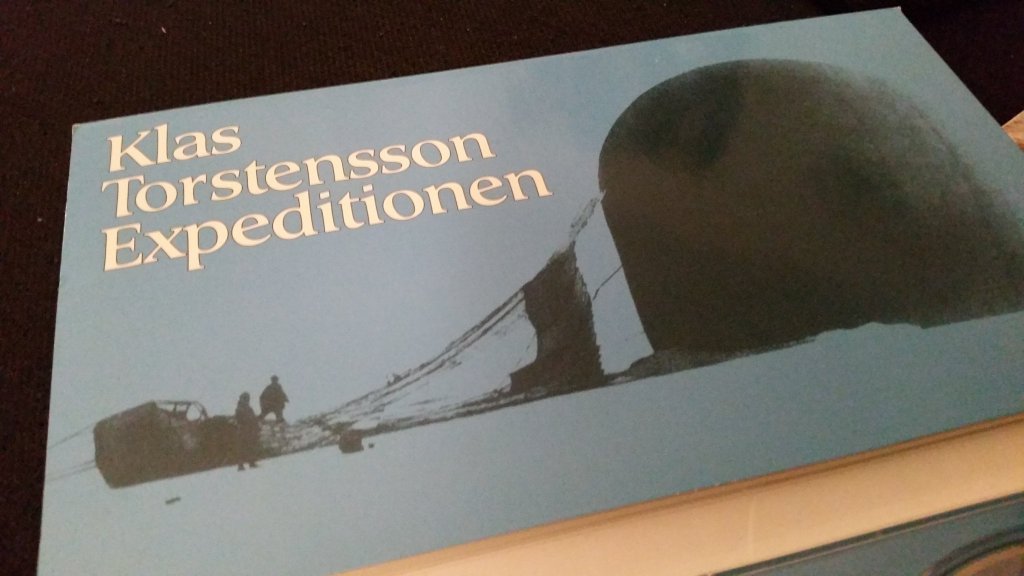
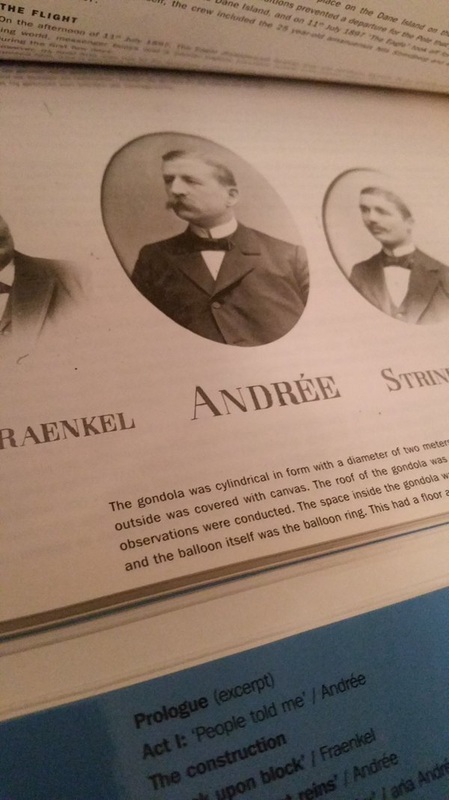
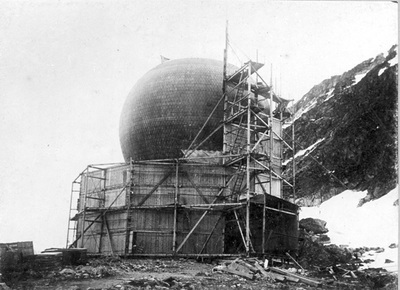
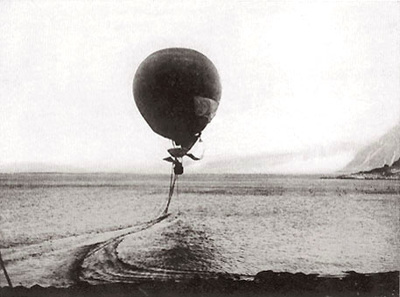
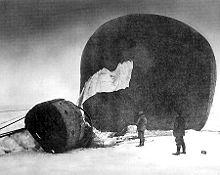
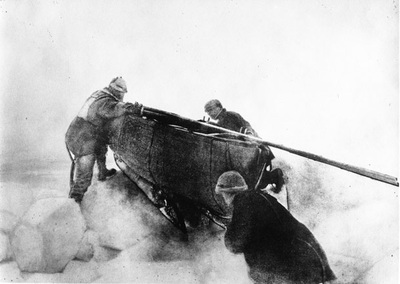
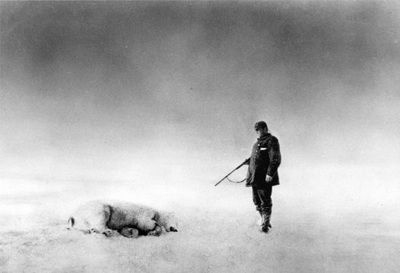
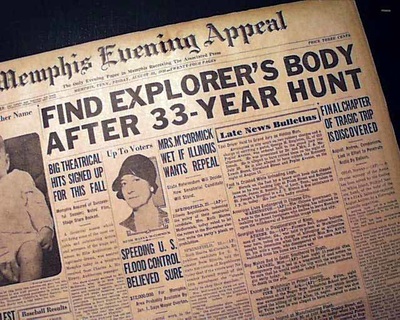
 RSS Feed
RSS Feed